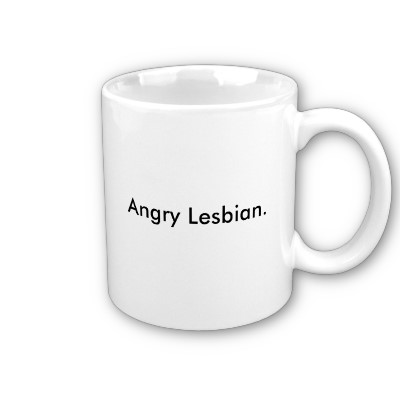I'm sharing the remarks I gave at the MA Women United Against the War on Women rally in Boston (in poem-ish form). I found myself thinking about the concept of "unity," and the fact that so many women of color, immigrants, transgender women etc are often left out of mainstream…
-
Afrofeminism - Blog - Creative Corner - Gender and LGBT Issues - Movement-Building - Poetry - Race, Culture, Ethnicity - Thought Leadership
-
Interview w/ Letta Neely, Black Lesbian Poet, Playwright, Activist and Mentor
I decided to close Women’s History Month with a conversation with someone who has inspired so much of my work as an activist, and is living proof that we can create change in the world simply by speaking out and staying true to ourselves: Letta Neely. Letta is the phenomenal woman who…
-
A Rant — The Ugly Business of Good Social Causes
I really wish the LGBT and non-profit industry in general would stop hiding behind "good causes" and own their mistakes/shortcomings so we can all move forward.
-
Emerson “Both Black and Gay” Panel Recap: LGBT People of Color Discussions Too Narrow for 2010
Last night, I had the pleasure of sitting in on a panel titled “Both Black and Gay: What It Means to Be a Person of Color and a Member of the LGBTQ Community.” When I first received the invitation, I was both honored and pissed off (I’m a virgo sun,…
Online rulet oyunları gerçek zamanlı oynanır ve online slot casino bu deneyimi canlı yayınlarla destekler.
Türkiye’deki bahisçilerin güvenini kazanan bettilt giriş hizmet kalitesiyle fark yaratıyor.
İnternet üzerinden eğlence bahsegel giriş arayanlar için deneyimi vazgeçilmezdir.
Kullanıcıların hesaplarına hızlı ve sorunsuz bettilt ulaşabilmesi için adresi her zaman güncel tutuluyor.

